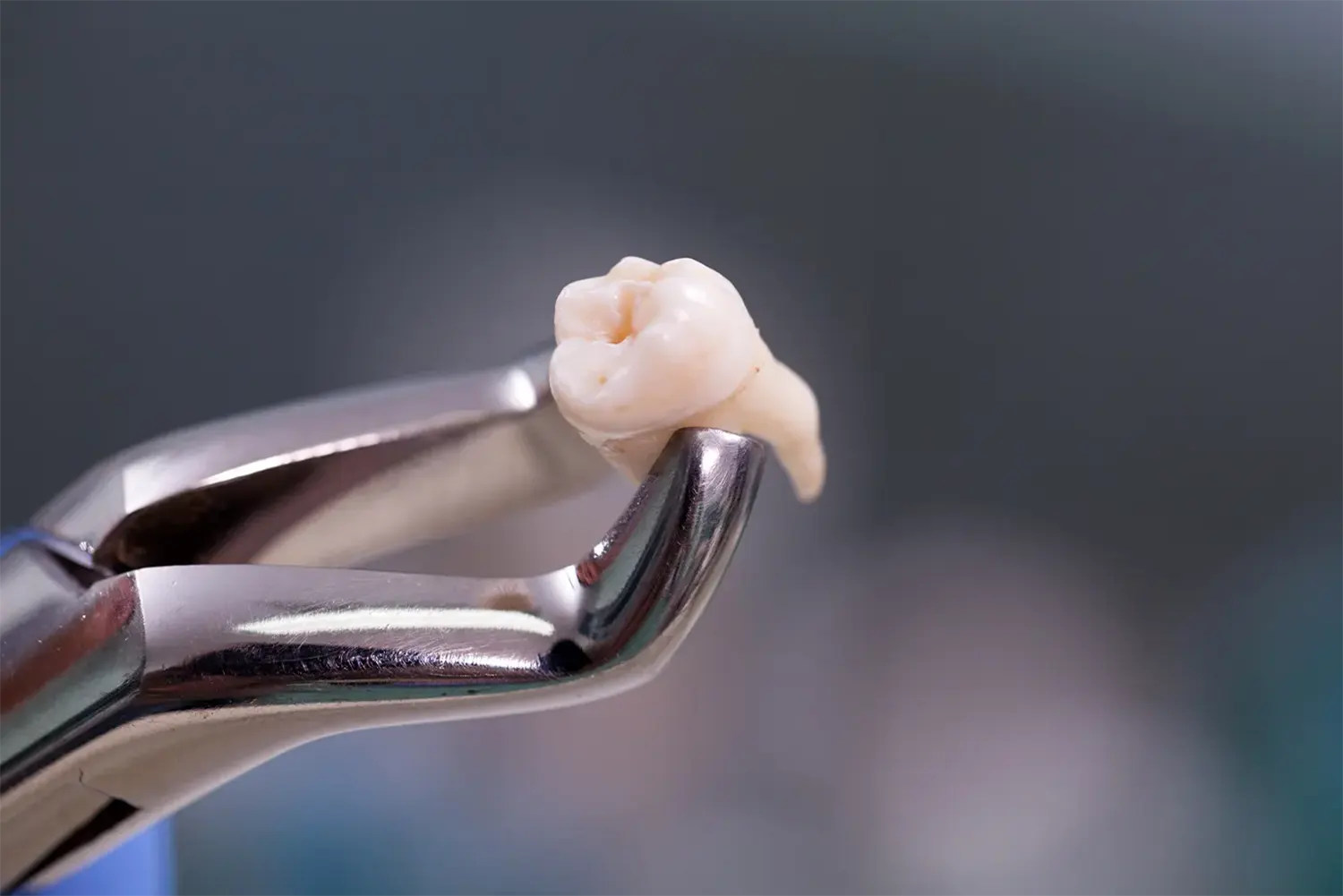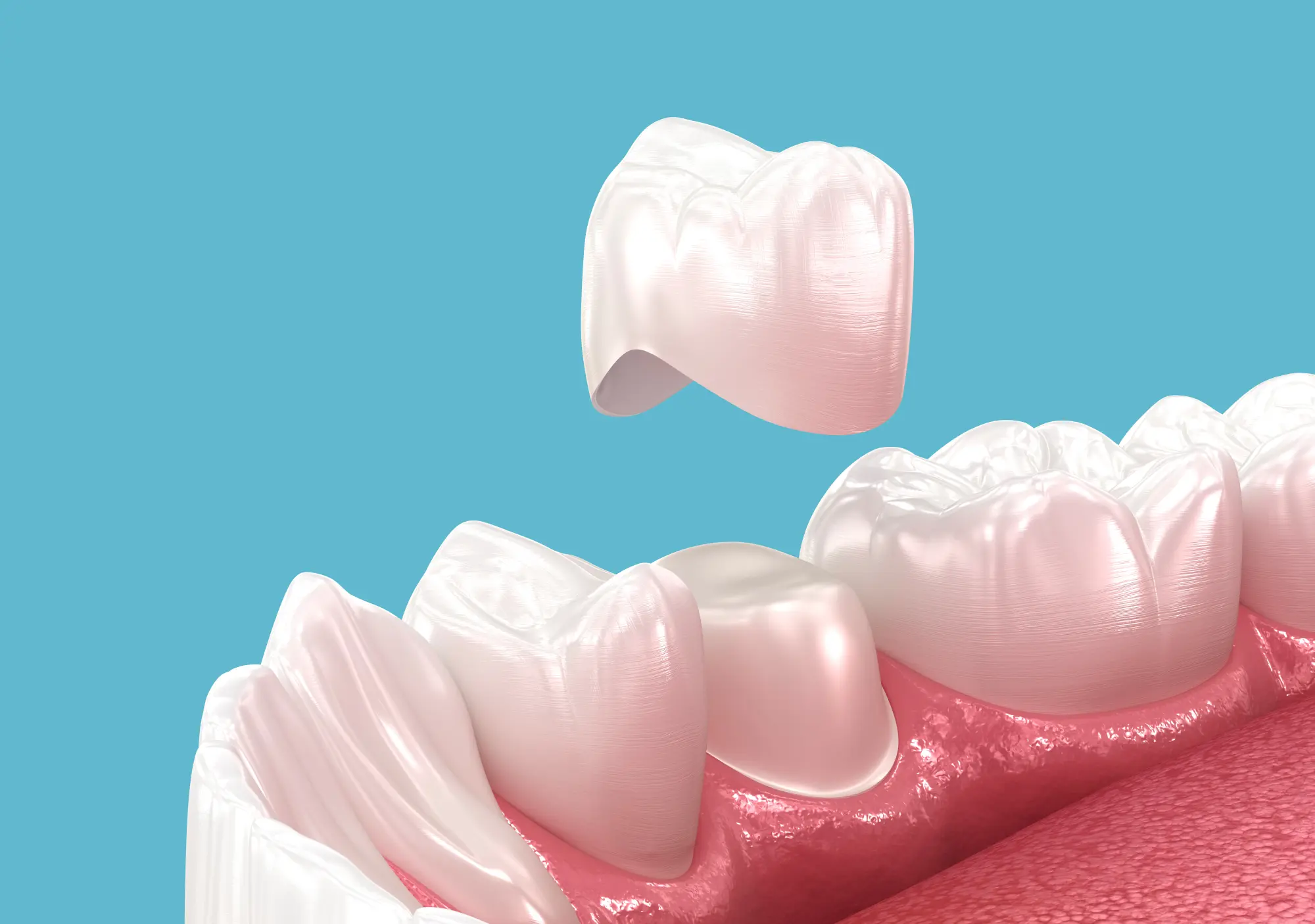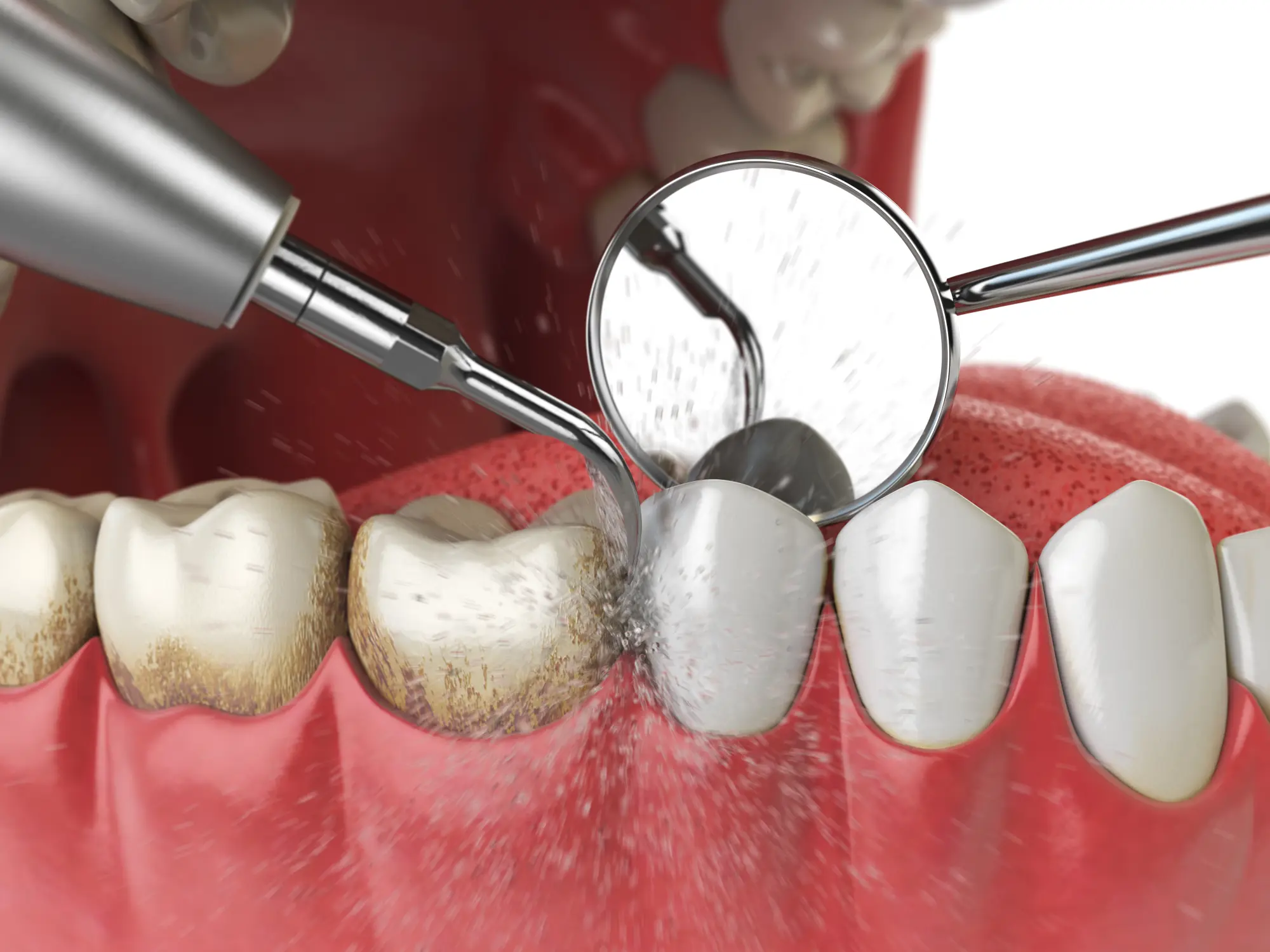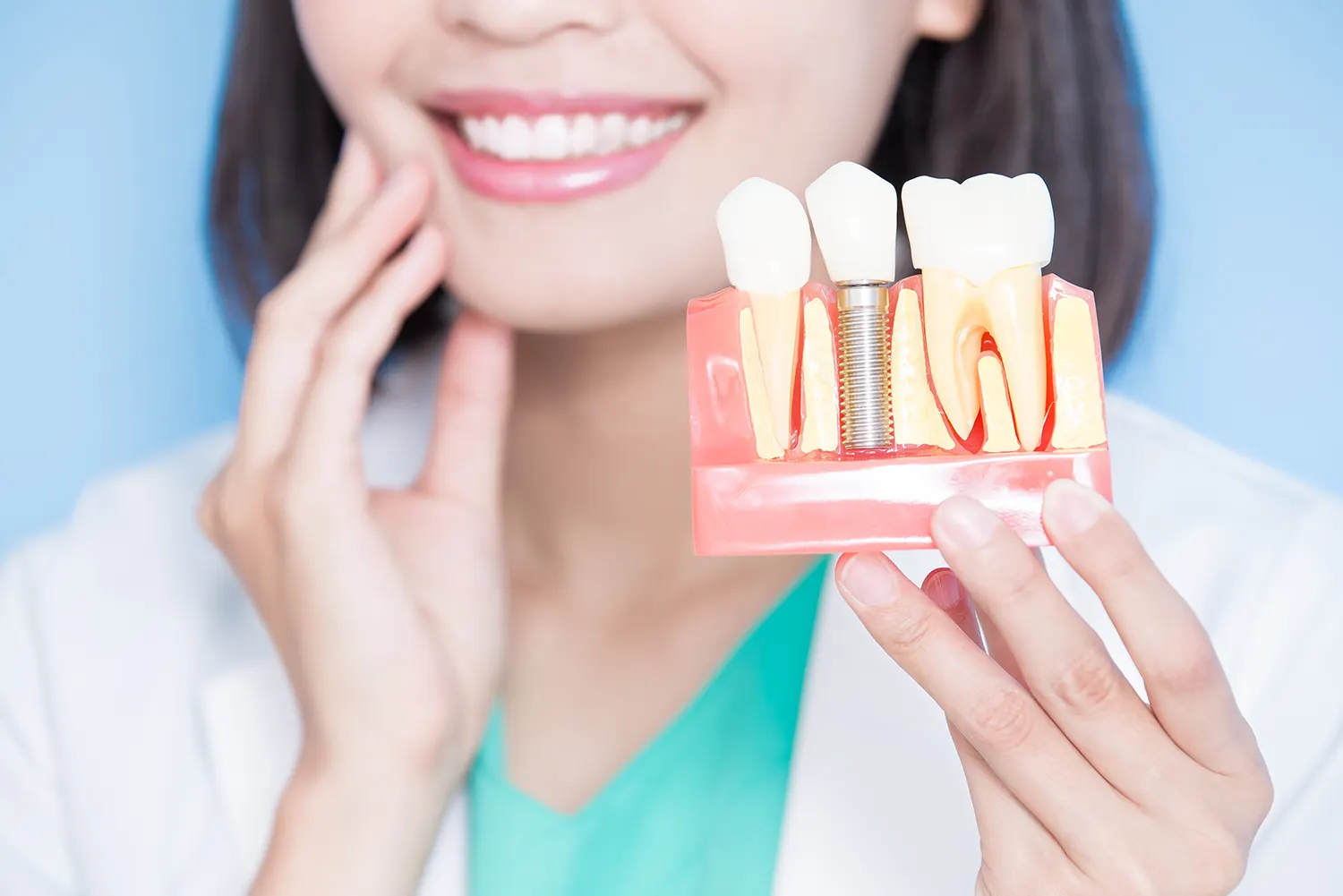
Experiencing a tooth falling out can be incredibly distressing, but knowing the right steps to take can make all the difference in preserving your oral health. Whether it's due to an accident, injury, or underlying dental issues, acting quickly and appropriately is crucial. In this blog, we will guide you through the essential steps to follow if you find yourself in this unfortunate situation, ensuring you have the best chance of saving your tooth and maintaining your smile.
Immediate Steps to Take
When a tooth falls out, time is of the essence. Here are the immediate actions you should take:
- Handle with Care: Pick up the tooth by the crown (the part that is visible in the mouth), avoiding the root to prevent damage.
- Rinse Gently: If the tooth is dirty, rinse it gently with milk or saline solution. Avoid scrubbing or using soap.
- Try to Reinsert: If possible, try to place the tooth back into its socket. If it doesn't fit, keep it moist in a container of milk or saliva.
Seeking Professional Help
After securing the tooth, it's essential to seek professional dental care immediately. Contact your dentist as soon as possible, ideally within 30 minutes to an hour of the incident. The chances of saving the tooth are significantly higher when prompt action is taken. Your dentist will assess the situation and determine the best course of action, which may include:
- Re-implantation: If the tooth is viable, the dentist will attempt to reinsert it into the socket and secure it with a splint.
- Root Canal Treatment: In some cases, root canal therapy may be necessary to ensure the tooth's long-term health.
Preventive Measures
While accidents can happen, there are preventive measures you can take to reduce the risk of tooth loss:
- Wear Protective Gear: Use mouthguards during sports and physical activities to protect your teeth from trauma.
- Maintain Good Oral Hygiene: Brush and floss regularly to prevent gum disease and decay that can weaken teeth.
- Regular Dental Checkups: Visit your dentist for routine checkups to catch potential issues early.
Long-Term Care and Recovery
After the initial treatment, follow-up care is crucial for the success of the tooth re-implantation and overall oral health:
- Avoid Hard Foods: Stick to a soft diet to avoid putting pressure on the affected tooth.
- Follow Dental Advice: Adhere to any instructions or treatment plans provided by your dentist.
- Monitor for Complications: Keep an eye out for signs of infection or complications, and report them to your dentist immediately.
Contact McCarl Dental Group in Greenbelt, MD
If you’ve experienced a tooth loss or have any dental concerns, don’t hesitate to reach out to McCarl Dental Group in Greenbelt, MD. Our experienced team, led by Dr. Clayton McCarl, is ready to provide you with the care and attention you need. Call us at (310) 474-4144 to schedule an appointment and take the first step toward restoring your smile and maintaining optimal oral health.
Latest Blog Posts

Are Same Day Crowns As Good As Traditional Crowns? A Closer Look at Your Options

How Often Should You Actually Get a Dental Cleaning?

